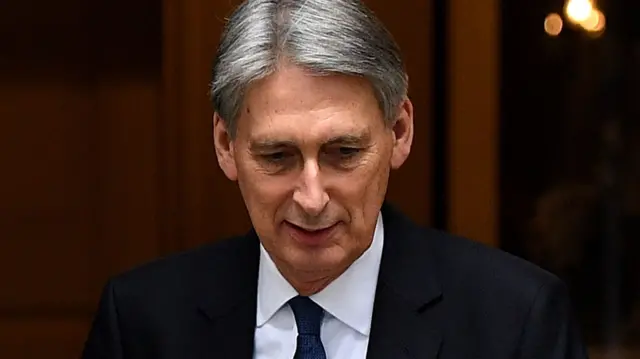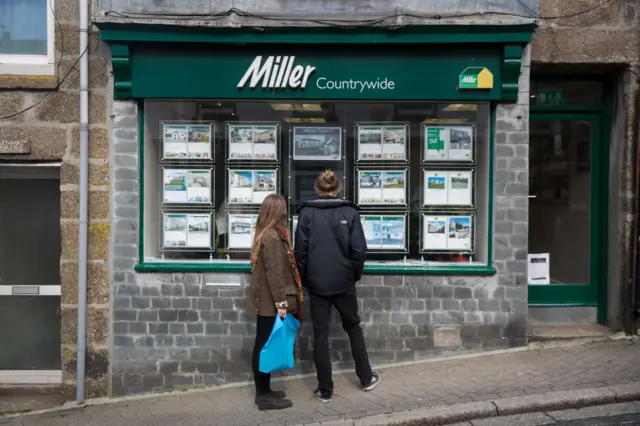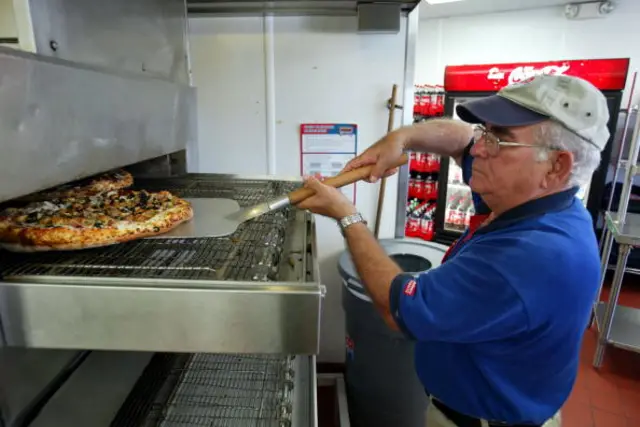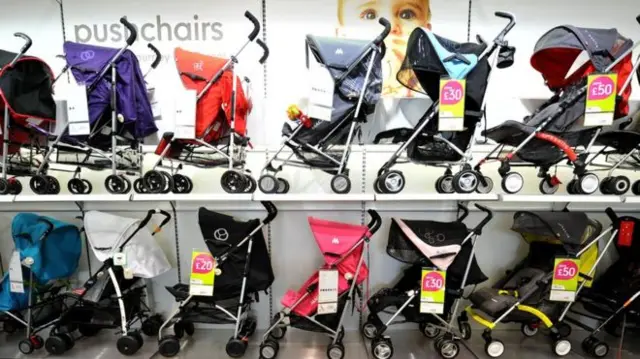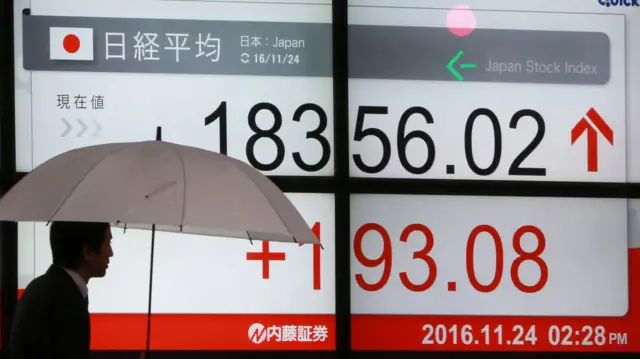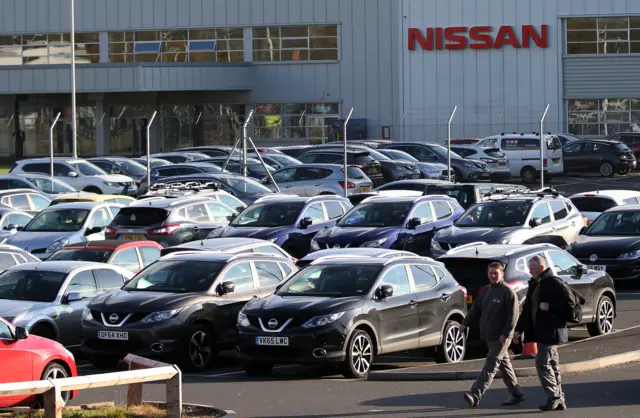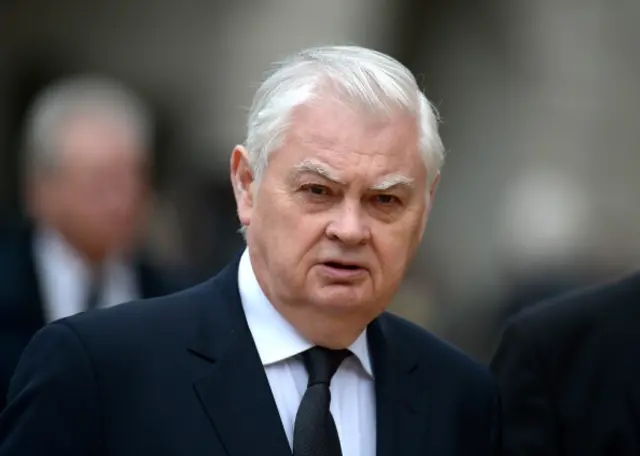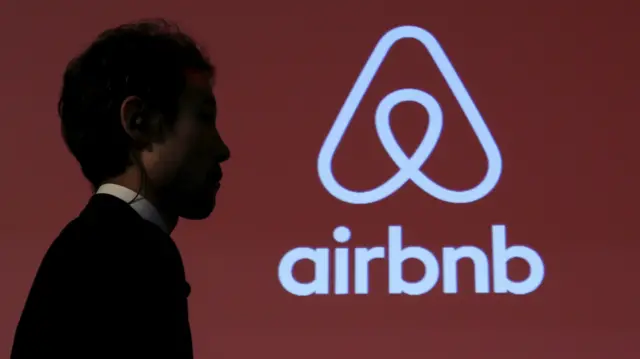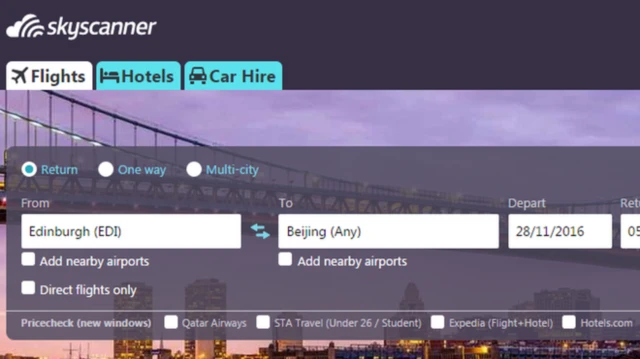Conservatives 'not copying Labour borrowing plans'published at 08:55 GMT 24 November 2016
 Today Programme
Today Programme
BBC Radio 4
The chancellor denies his infrastructure borrowing plans mirror the opposition's prior to the last election - plans the Conservative Party had criticised.
"What the Labour Party was proposing to do is exclude investment spending from any of the fiscal rules," he says.
"We're not saying that. That money does count as part of our borrowing total. And when Theresa May and I commit to bringing our public finances to balance as early as possible in the next parliament, that will include the money invested in those projects."

